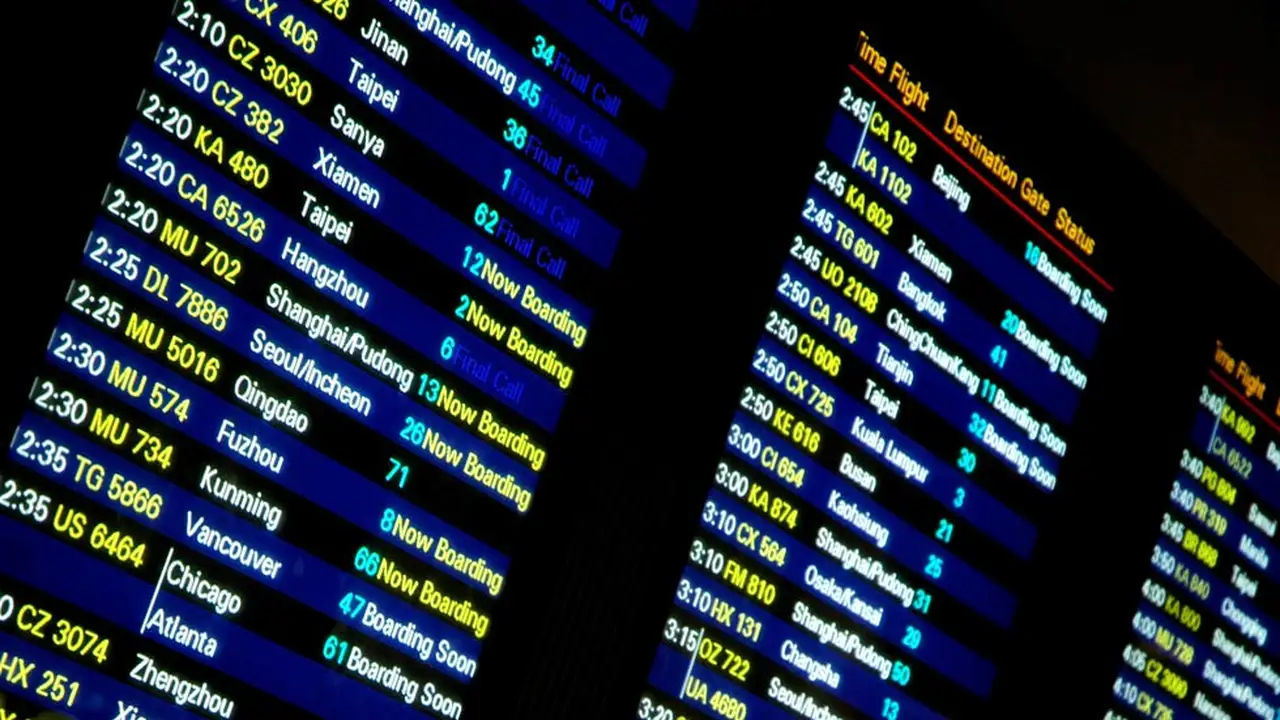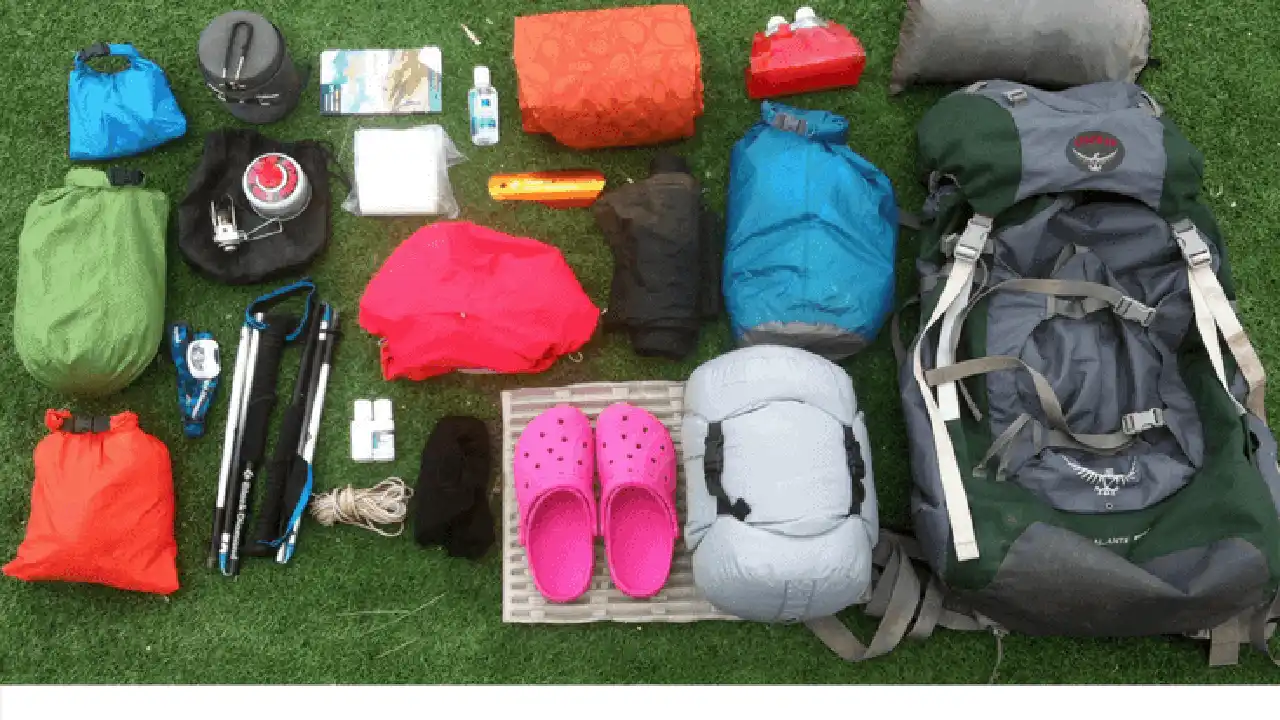Travel Insurance_ Is It Worth It_
Discover the benefits of travel insurance and whether it's worth the investment. Protect yourself from unexpected medical expenses, trip cancellations, and lost luggage. Travel with peace of mind.

Understanding Travel Insurance Basics: What Does Travel Insurance Cover
Okay, let's dive into the nitty-gritty of travel insurance. What exactly does it cover? Well, the answer is: a lot! But it depends on the policy you choose. Generally, you'll find coverage for:
- Trip Cancellation/Interruption: This is a big one. If you have to cancel your trip due to illness, injury, or other unforeseen circumstances (like a family emergency), travel insurance can reimburse you for non-refundable expenses.
- Medical Expenses: Imagine getting sick or injured while you're backpacking in Southeast Asia. Medical care can be expensive, especially in some countries. Travel insurance can cover your medical bills, hospitalization, and even emergency evacuation.
- Lost or Delayed Baggage: Ever had your luggage go missing? It's a nightmare! Travel insurance can compensate you for lost, stolen, or delayed baggage. It can also help cover the cost of essential items you need to buy while you wait for your luggage to arrive.
- Emergency Assistance: This can include 24/7 assistance with things like finding a doctor, translating medical information, or arranging for emergency transportation.
- Personal Liability: If you accidentally injure someone or damage their property while traveling, travel insurance can cover your legal expenses and any damages you're liable for.
Assessing Your Needs: Factors to Consider Before Buying Travel Insurance
Before you rush out and buy the first travel insurance policy you see, take a moment to assess your needs. Consider these factors:
- Your Destination: Are you traveling to a country with high medical costs? Or a region prone to natural disasters? The riskier your destination, the more coverage you'll need.
- Your Activities: Are you planning on doing any adventurous activities like scuba diving, rock climbing, or bungee jumping? Some travel insurance policies exclude coverage for certain high-risk activities, so make sure you choose a policy that covers your planned activities.
- Your Health: Do you have any pre-existing medical conditions? Some travel insurance policies exclude coverage for pre-existing conditions, or they may require you to pay an extra premium. Be sure to disclose any pre-existing conditions when you purchase your policy.
- Your Trip Length: The longer your trip, the more likely you are to experience some kind of problem. If you're planning a long backpacking trip, you'll definitely want to consider travel insurance.
- Your Budget: Travel insurance can add to the cost of your trip, so you'll need to factor it into your budget. However, it's important to remember that the cost of travel insurance is a small price to pay for peace of mind.
Types of Travel Insurance Policies: Single Trip vs Annual Multi-Trip
There are two main types of travel insurance policies: single trip and annual multi-trip. Which one is right for you?
- Single Trip Insurance: This type of policy covers you for a single trip. It's a good option if you only travel occasionally.
- Annual Multi-Trip Insurance: This type of policy covers you for multiple trips within a year. It's a good option if you travel frequently. However, keep in mind that most annual multi-trip policies have a maximum trip length (e.g., 30 days per trip).
Comparing Travel Insurance Providers: Finding the Best Policy for Your Budget
There are many travel insurance providers out there, so how do you choose the best one? Here are a few popular providers to consider:
- World Nomads: A popular choice for backpackers and adventure travelers. They offer comprehensive coverage, including coverage for high-risk activities.
- Allianz Travel Insurance: A well-established provider with a wide range of policies to choose from.
- Travel Guard: Another reputable provider with a variety of coverage options.
- SafetyWing: Caters to digital nomads and remote workers, offering affordable global health insurance.
To find the best policy for your budget, compare quotes from different providers. Be sure to read the fine print and understand what's covered and what's not.
Travel Insurance Product Recommendations: Features and Pricing
World Nomads Explorer Plan
Features: Comprehensive coverage, including trip cancellation, medical expenses, lost baggage, and emergency evacuation. Covers many adventure activities.
Use Case: Ideal for backpackers and adventurous travelers who want comprehensive protection.
Pricing: Varies depending on your destination, trip length, and age. Expect to pay around $80-$200 for a 2-week trip to Southeast Asia.
Allianz Travel Insurance OneTrip Premier Plan
Features: High coverage limits for trip cancellation and medical expenses. Includes coverage for pre-existing medical conditions (with certain conditions).
Use Case: Suitable for travelers who want high levels of coverage and need coverage for pre-existing conditions.
Pricing: More expensive than World Nomads. Expect to pay around $150-$300 for a 2-week trip to Europe.
SafetyWing Nomad Insurance
Features: Global health insurance designed for digital nomads. Covers medical expenses, but doesn't include trip cancellation or baggage loss.
Use Case: Best for long-term travelers and digital nomads who need affordable health insurance.
Pricing: Very affordable, around $40-$50 per month.
Product Comparison Table
| Provider | Plan | Trip Cancellation | Medical Expenses | Lost Baggage | Adventure Activities | Price (2-week trip to SEA) |
|---|---|---|---|---|---|---|
| World Nomads | Explorer | Yes | Yes | Yes | Yes | $80-$200 |
| Allianz | OneTrip Premier | Yes | Yes | Yes | No | $150-$300 |
| SafetyWing | Nomad Insurance | No | Yes | No | No | ~$25 (bi-weekly) |
Understanding Policy Exclusions: What Travel Insurance Doesn't Cover
It's also important to understand what travel insurance doesn't cover. Common exclusions include:
- Pre-existing Medical Conditions: As mentioned earlier, some policies exclude coverage for pre-existing conditions, or they may require you to pay an extra premium.
- Risky Activities: Certain high-risk activities may not be covered, such as extreme sports or illegal activities.
- Acts of War or Terrorism: Travel insurance typically doesn't cover events related to war or terrorism.
- Traveling Against Medical Advice: If you travel against the advice of your doctor, your travel insurance may not cover any medical expenses related to your condition.
- Intoxication: Injuries or illnesses caused by intoxication may not be covered.
Making a Claim: What to Do If Something Goes Wrong
So, you've bought travel insurance, and something goes wrong. What do you do now?
- Contact Your Insurance Provider: As soon as possible, contact your insurance provider to report the incident.
- Gather Documentation: Collect all relevant documentation, such as medical records, police reports, and receipts.
- File a Claim: Follow your insurance provider's instructions for filing a claim. Be sure to provide all the necessary documentation.
- Be Patient: The claims process can take some time, so be patient. Your insurance provider may need to investigate the incident before they can approve your claim.
Is Travel Insurance Worth It The Final Verdict
So, is travel insurance worth it? For me, the answer is a resounding yes! While it's an added expense, the peace of mind it provides is invaluable. Knowing that you're protected against unexpected medical expenses, trip cancellations, and lost baggage can make your trip much more enjoyable. Especially when you're backpacking on a budget, a single unforeseen incident can derail your entire trip. Travel insurance is a safety net that can help you avoid financial disaster.
Ultimately, the decision of whether or not to buy travel insurance is a personal one. But if you're planning a trip, especially a long or adventurous one, I highly recommend considering it. It's a small price to pay for peace of mind.
:max_bytes(150000):strip_icc()/277019-baked-pork-chops-with-cream-of-mushroom-soup-DDMFS-beauty-4x3-BG-7505-5762b731cf30447d9cbbbbbf387beafa.jpg)






